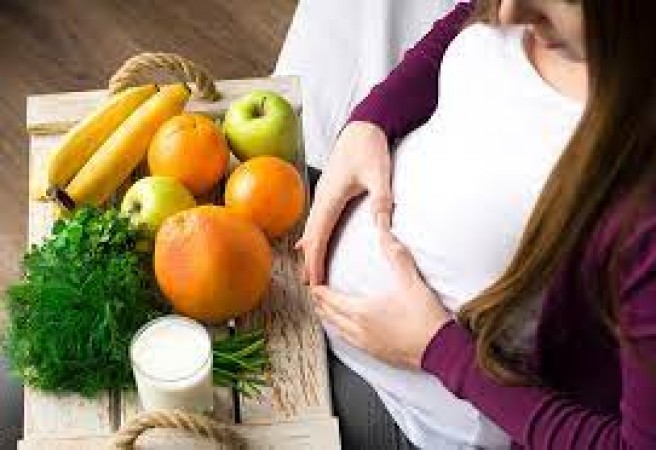
Pregnancy marks a transformative journey for women, characterized by profound physical and emotional changes. It's a time when proper nutrition becomes paramount, not only for the expectant mother but also for the healthy development of the growing fetus. Among the various dietary considerations, incorporating pulses stands out as a significant recommendation for ensuring maternal and fetal well-being. Here are three essential pulses that pregnant women should include in their diet:
Lentils, commonly known as dal in many cultures, are a versatile legume celebrated for their rich nutritional profile. Packed with protein, fiber, folate, iron, and other vital nutrients, lentils offer a multitude of benefits during pregnancy:
Folate, a B-vitamin crucial for fetal neural tube development, is abundant in lentils. Adequate folate intake during early pregnancy significantly reduces the risk of neural tube defects, such as spina bifida, in newborns.
Iron deficiency anemia is prevalent among pregnant women and can lead to adverse outcomes for both mother and baby. Lentils provide a plant-based source of iron, supporting the increased blood volume and oxygen needs during pregnancy.
The fiber content in lentils aids in digestion and helps prevent constipation, a common discomfort during pregnancy. Maintaining regular bowel movements is essential for overall maternal well-being.
Chickpeas, also known as garbanzo beans, are cherished for their delicious taste and remarkable nutritional value. Including chickpeas in the maternal diet offers numerous advantages:
Protein is the building block of cells, vital for the growth and repair processes occurring in both the mother's and baby's bodies. Chickpeas serve as an excellent plant-based source of protein, supporting optimal development during pregnancy.
Chickpeas have a low glycemic index, meaning they release glucose into the bloodstream gradually. This characteristic helps in stabilizing blood sugar levels, reducing the risk of gestational diabetes and promoting overall metabolic health.
Similar to lentils, chickpeas contain folate, contributing to the prevention of neural tube defects and supporting healthy fetal growth and development.
Black beans, a staple in many cuisines worldwide, offer a plethora of health benefits, making them a valuable addition to the maternal diet:
Black beans boast high levels of antioxidants, such as anthocyanins, which help combat oxidative stress and bolster the immune system. Ensuring maternal immune health is vital for protecting both mother and baby from infections.
The soluble fiber found in black beans aids in lowering cholesterol levels and promoting heart health. Maintaining cardiovascular well-being is essential during pregnancy to support the increased circulatory demands.
In addition to folate and iron, black beans contain an array of essential micronutrients, including magnesium, potassium, and zinc, necessary for various physiological functions during pregnancy. Incorporating these three pulses - lentils, chickpeas, and black beans - into your daily diet during pregnancy can contribute significantly to your overall health and the optimal development of your baby. Remember to enjoy them in a variety of dishes to reap their full nutritional benefits.
Distacart Founders' Vision to Make Indian Products More Accessible Globally Comes to Life
Taking a break from Team India proved costly for Virat Kohli, faced with a significant 'crisis'